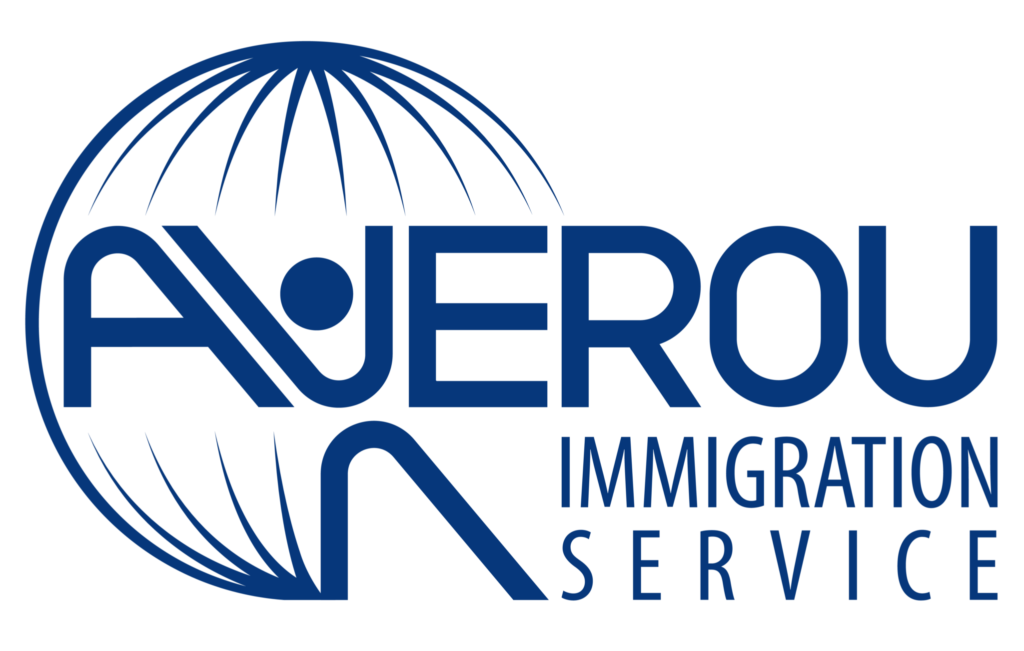Easier Residency for French-Speaking Students in Canada

In a significant move towards enhancing the cultural and linguistic diversity of Canada, Immigration, Refugees, and Citizenship Canada (IRCC) has announced an innovative pilot program tailored specifically for Francophone students. This initiative, which directly targets French-speaking students from around the world, is designed to offer them a streamlined pathway to permanent residency, thereby strengthening Canada’s commitment to supporting and growing its Francophone communities outside of Quebec.
Overview of the Pilot Program
The newly launched pilot program is a part of Canada’s broader immigration strategy, focusing on the importance of Francophone minority communities across the country. Traditionally, the province of Quebec has been the primary hub for French-speaking immigrants, but this program is designed to expand the reach of Francophone communities into other provinces and territories. By doing so, Canada aims to balance the linguistic demographics and ensure that French remains a vibrant and thriving language across the nation.Understanding the Objectives
The primary objective of this pilot program is to attract and retain Francophone talent by providing a direct and simplified route to permanent residency. This aligns with Canada’s broader goals of fostering cultural diversity, promoting bilingualism, and addressing regional economic needs by encouraging immigration to areas outside of the major metropolitan centers.This program also serves as a response to the increasing demand for skilled individuals who can contribute to the country’s economic growth, especially in regions where the Francophone population is in decline or underrepresented
Eligibility and Key Requirements
To be eligible for this program, applicants must meet several key criteria:- French Language Proficiency:
- Prospective applicants must demonstrate a high level of proficiency in the French language. This will be assessed through standardized language tests such as the Test d’évaluation de français (TEF) or the Diplôme d’études en langue française (DELF).
- The requirement ensures that candidates can fully integrate into Francophone communities and contribute to maintaining the French language and culture in Canada.
- Educational Credentials:
- Applicants must have completed or be in the process of completing a post-secondary education in Canada. The program is particularly focused on students who have pursued studies in Canadian institutions, reflecting the country’s emphasis on retaining the talent it has helped cultivate.
- Fields of study are not restricted, but candidates from areas with high demand in the Canadian labor market may have a competitive edge.
- Intent to Reside in Francophone Communities:
- A critical aspect of the program is the applicant’s commitment to living and contributing to a Francophone minority community outside of Quebec. This criterion underscores the government’s focus on reinforcing the presence of French-speaking populations in other provinces and territories.
- Applicants will need to express a clear intention to settle in regions identified as part of Canada’s Francophone community network.
Benefits and Opportunities
The benefits of this pilot program are multi-faceted, extending to both the applicants and the broader Canadian society:- Simplified Immigration Process:
- The program offers a streamlined and efficient process for Francophone students to transition from temporary residents (such as those on study permits) to permanent residents. This reduces the usual bureaucratic hurdles associated with the immigration process.
- Strengthening Francophone Communities:
- By focusing on the settlement of Francophones outside Quebec, the program seeks to revitalize French-speaking communities that are at risk of declining. This is crucial for maintaining the linguistic duality that is a cornerstone of Canadian identity.
- Economic Contributions:
- Francophone immigrants bring valuable skills and knowledge, particularly in fields such as education, healthcare, and technology. Their contributions are expected to have a positive impact on the regional economies, addressing labor shortages and driving innovation.
- Cultural Enrichment:
- The presence of a strong Francophone population contributes to the cultural richness of Canada. By attracting French-speaking students from diverse backgrounds, the program fosters a multicultural environment that enhances the social fabric of Canadian society.
Strategic Implications for Canada
This pilot program is not just a policy initiative but a strategic move to address several of Canada’s long-term goals:- Bilingualism and Cultural Diversity:
- By promoting the settlement of Francophones in various parts of the country, Canada reinforces its commitment to bilingualism and the preservation of its Francophone heritage. This initiative is particularly significant in light of ongoing global discussions about the importance of cultural and linguistic diversity.
- Regional Development:
- The program is also designed to support regional development by encouraging immigration to less populated areas. Francophone students who settle in these regions will play a crucial role in boosting local economies and reversing trends of population decline.
- Global Competitiveness:
- Attracting top-tier international students, especially those who are bilingual, enhances Canada’s global competitiveness. By making it easier for Francophone students to stay in the country after their studies, Canada positions itself as a preferred destination for education and career development.
- Immigration Policy Innovation:
- This pilot program is a reflection of Canada’s innovative approach to immigration policy, which is increasingly focused on targeted initiatives that address specific demographic and economic needs.
Conclusion
Canada’s new pilot program for Francophone students represents a forward-thinking approach to immigration, one that balances the needs of the nation with the aspirations of its future residents. For Francophone students, this program opens up exciting opportunities to build a life in Canada, contributing to its diverse cultural landscape and thriving communities.As this initiative unfolds, it will be essential to monitor its impact on Francophone communities and the broader immigration landscape. For now, it stands as a promising example of how targeted immigration policies can foster inclusivity, diversity, and growth in Canada.
For Francophone students and communities alike, this pilot program is more than just an opportunity—it’s a new chapter in Canada’s ongoing story of multiculturalism and linguistic diversity.
Are you ready to start your journey to Canada? Averou Immigration Services is here to help! Contact us now!
